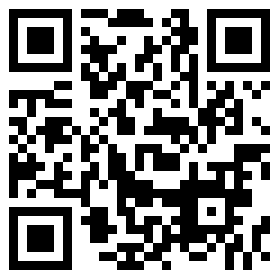This project aims to build a Sino-Dutch transnational network for the design on inclusive wise-waste cities. We focus on agricultural products, electronic products and plastic products, and carry out the comparative research from three levels saying urban metabolism, inclusive infrastructure design & management, and community building, to comprehensively explore and evaluate the implementation effects of wise-waste cities. The project engages researchers in a consortium led by the universities and public agencies of Rotterdam, TUD, PBL, Peking, Tongji and CityU-SRI, and local stakeholders. Outcomes are expected to support inclusive cities and zero-waste cities pilots in China and The Netherlands.
Related publications for details:
- Danni Liang, Martin De Jong, Daan Schraven & Lili Wang (2021) Mapping key features and dimensions of the inclusive city: A systematic bibliometric analysis and literature study, International Journal of Sustainable Development & World Ecology,
https://doi.org/10.1080/13504509.2021.1911873
- Liang Dong, Zhaowen Liu, Bian, Yuli (2021) Match Circular Economy and Urban Sustainability: Re-investigating Circular Economy Under Sustainable Development Goals (SDGs). Circular Economy and Sustainability.
https://doi.org/10.1007/s43615-021-00032-1
- Daan Schraven, Simon Joss, Martin de Jong (2021) Past, present, future: Engagement with sustainable urban development through 35 city labels in the scientific literature 1990–2019. Journal of Cleaner Production
https://doi.org/10.1016/j.jclepro.2021.125924.
- Xin Tong, Haofan Yu, Tao Liu. Using weighted entropy to measure the recyclability of municipal solid waste in China: Exploring the geographical disparity for circular economy, Journal of Cleaner Production
© 2021-2024 Inclusive Wise Waste Cities




